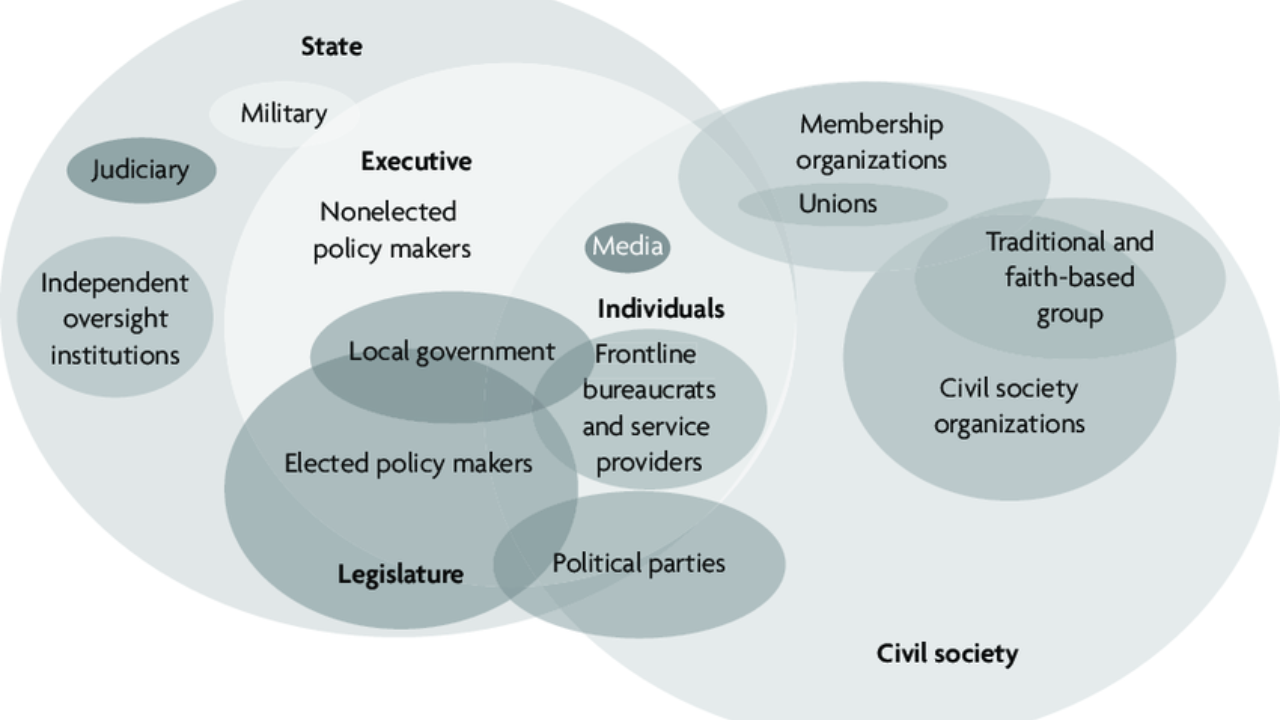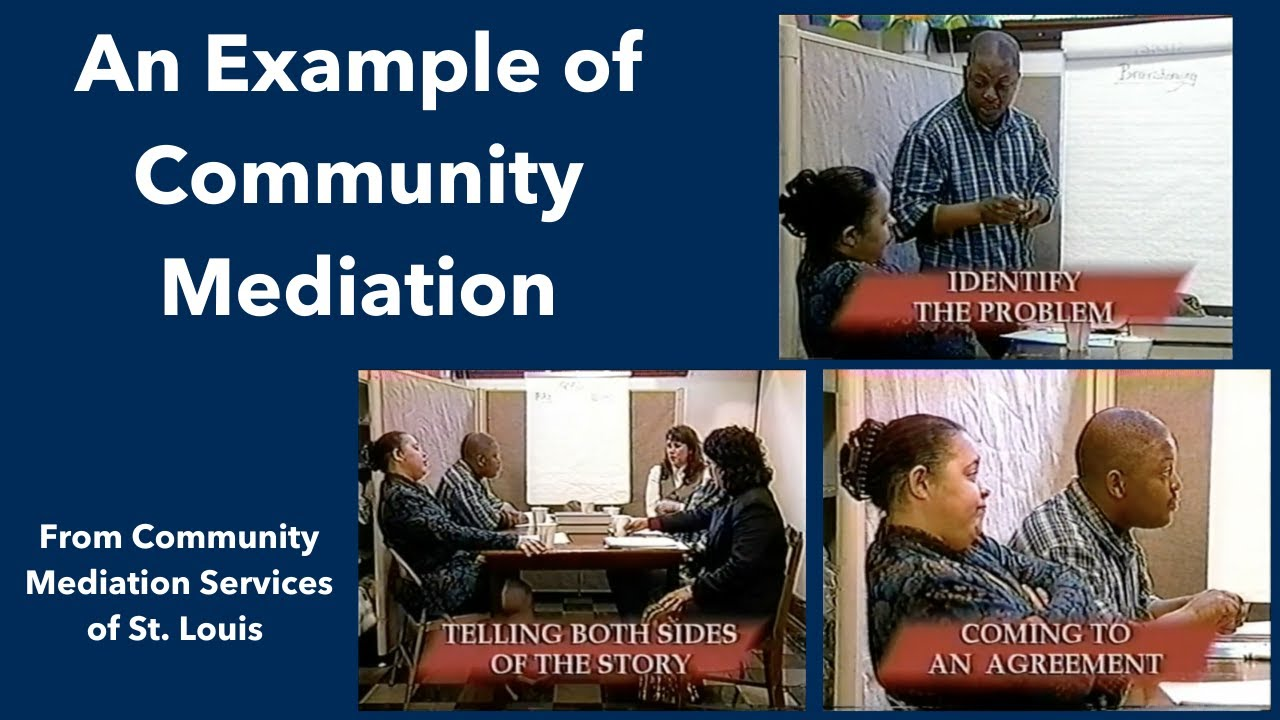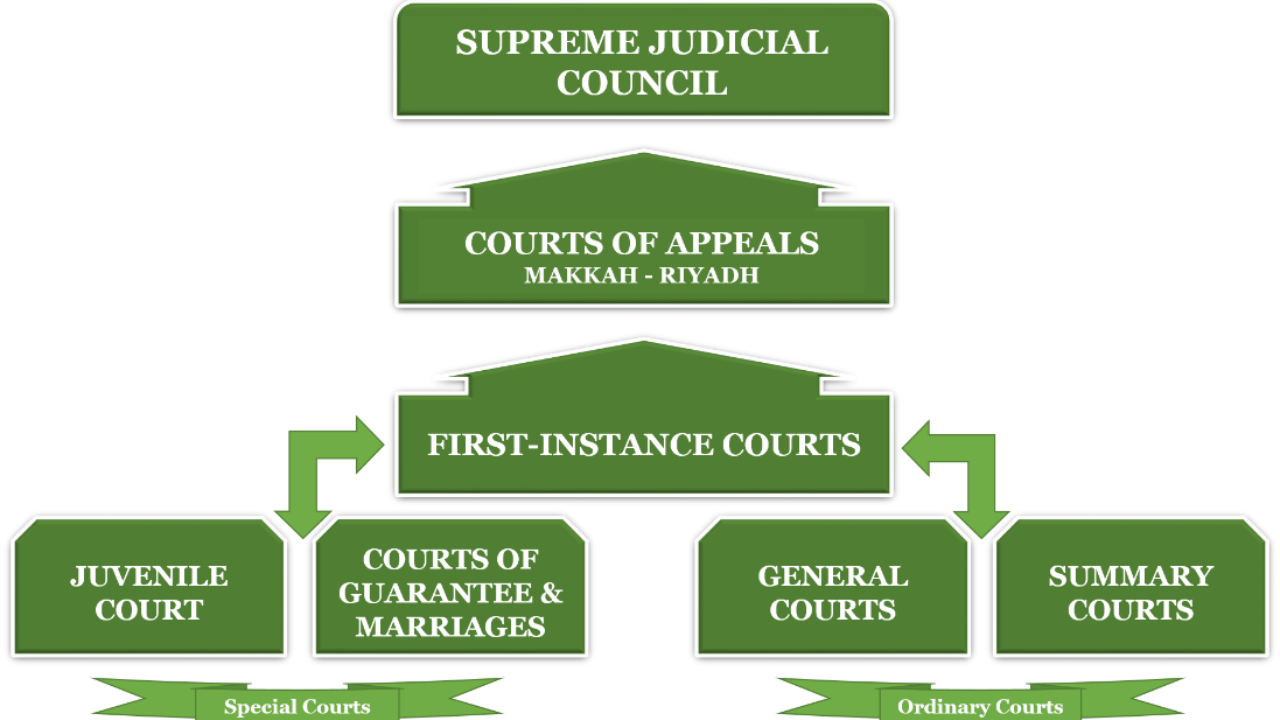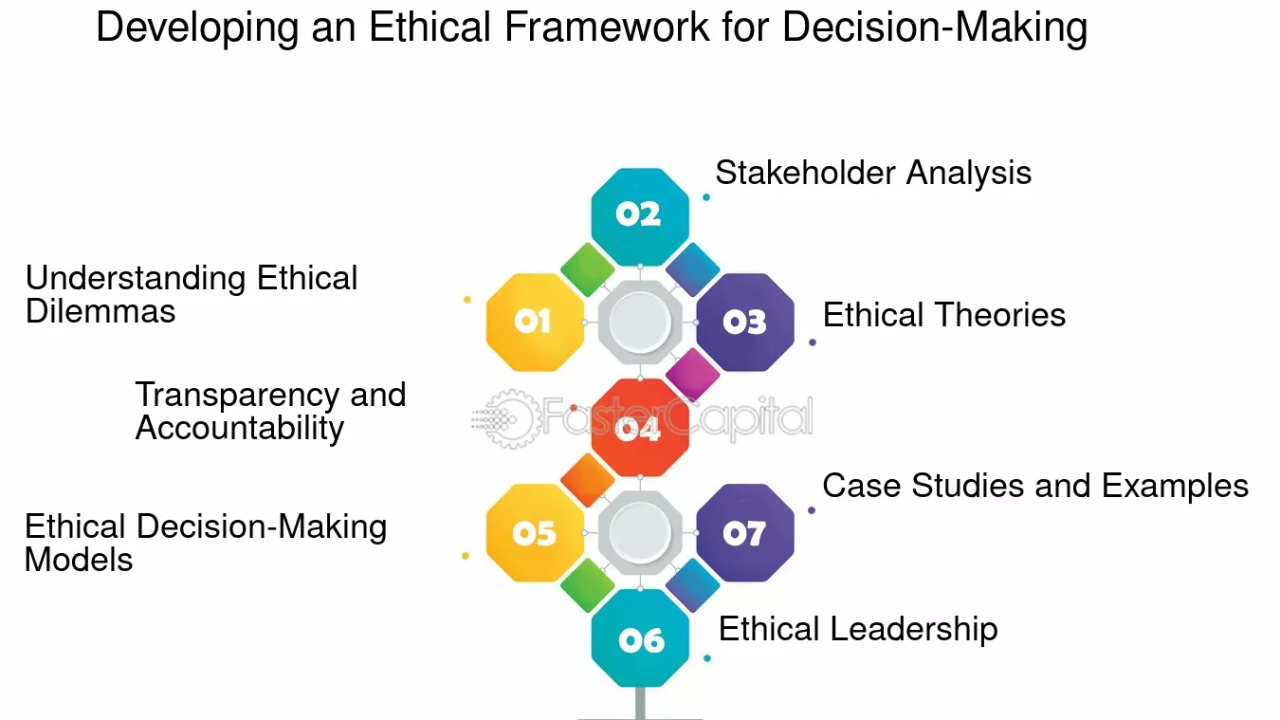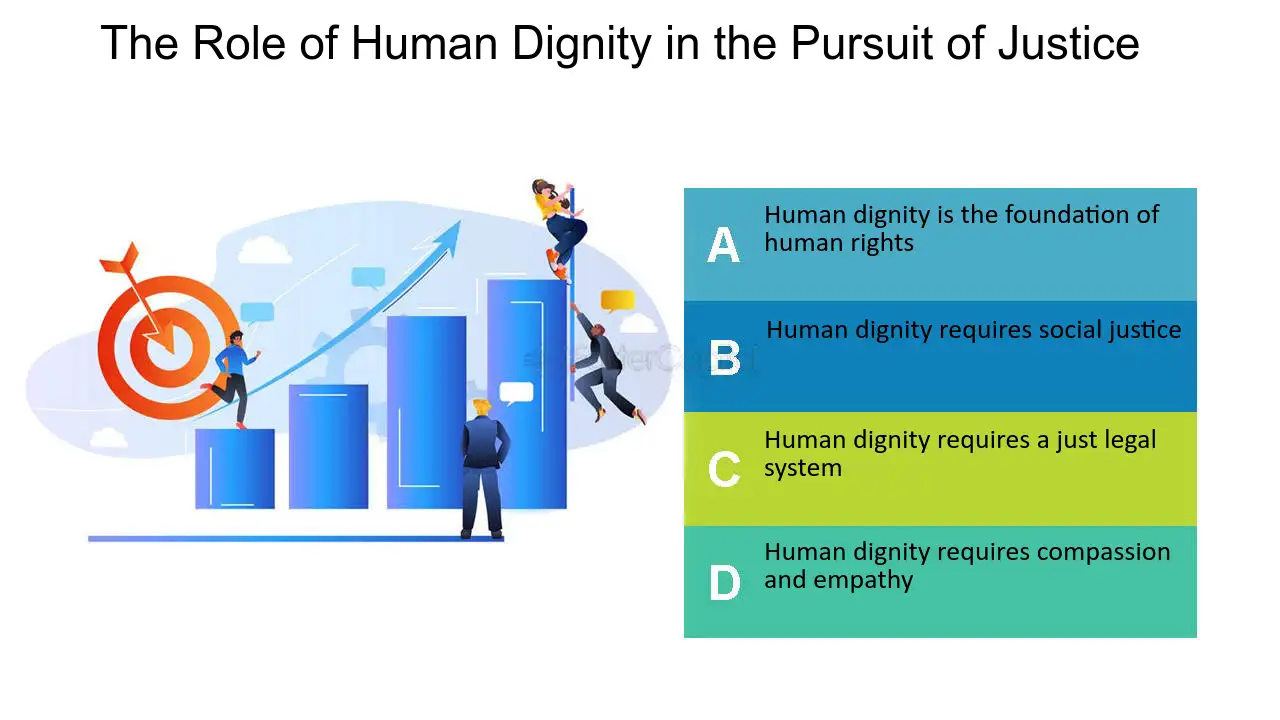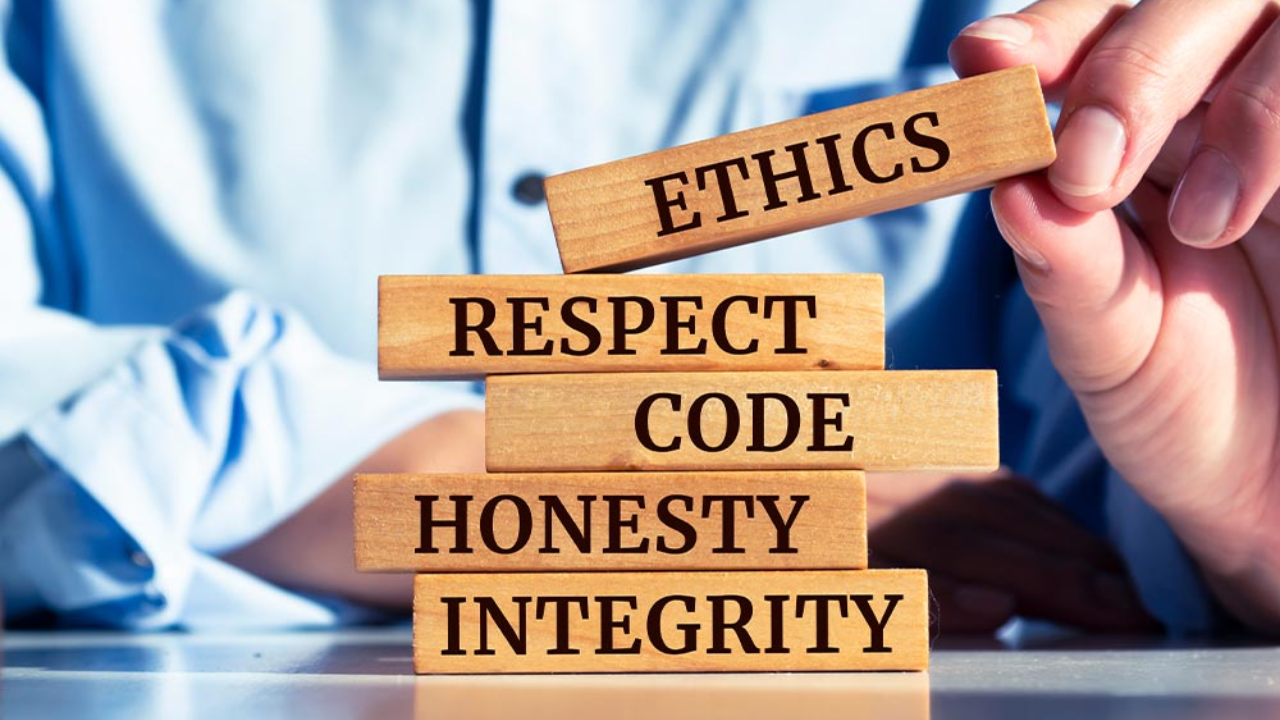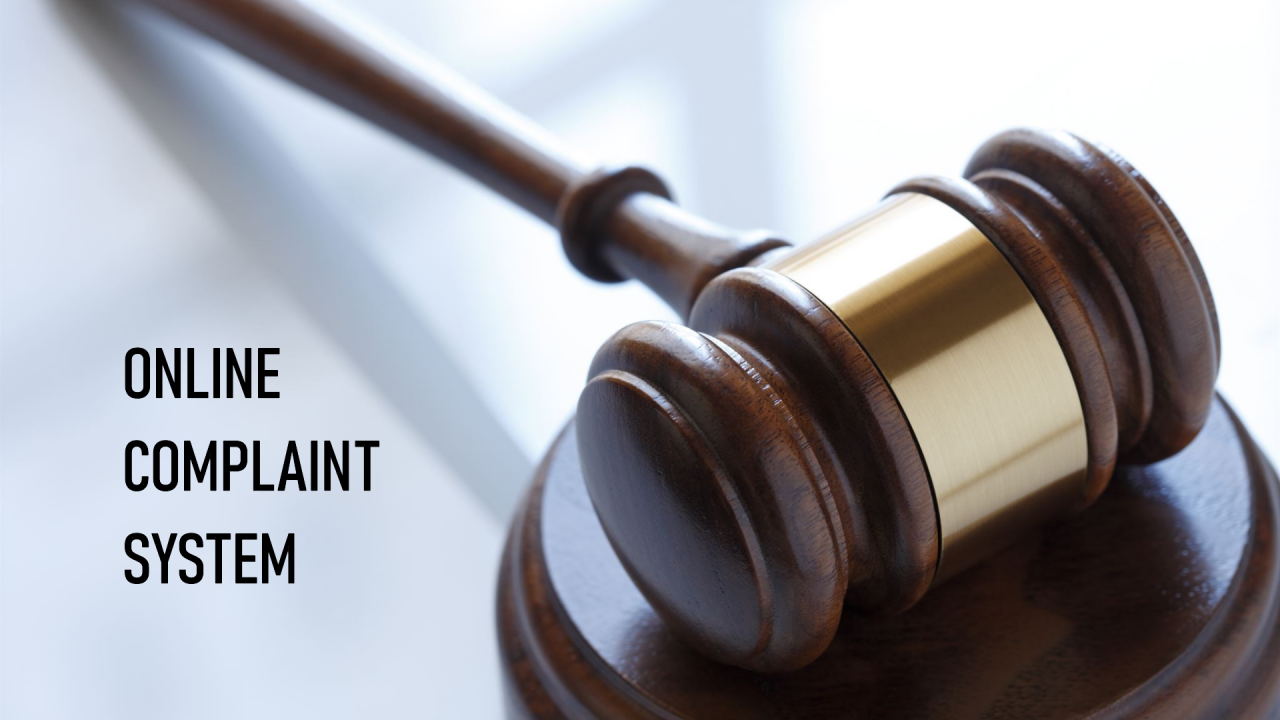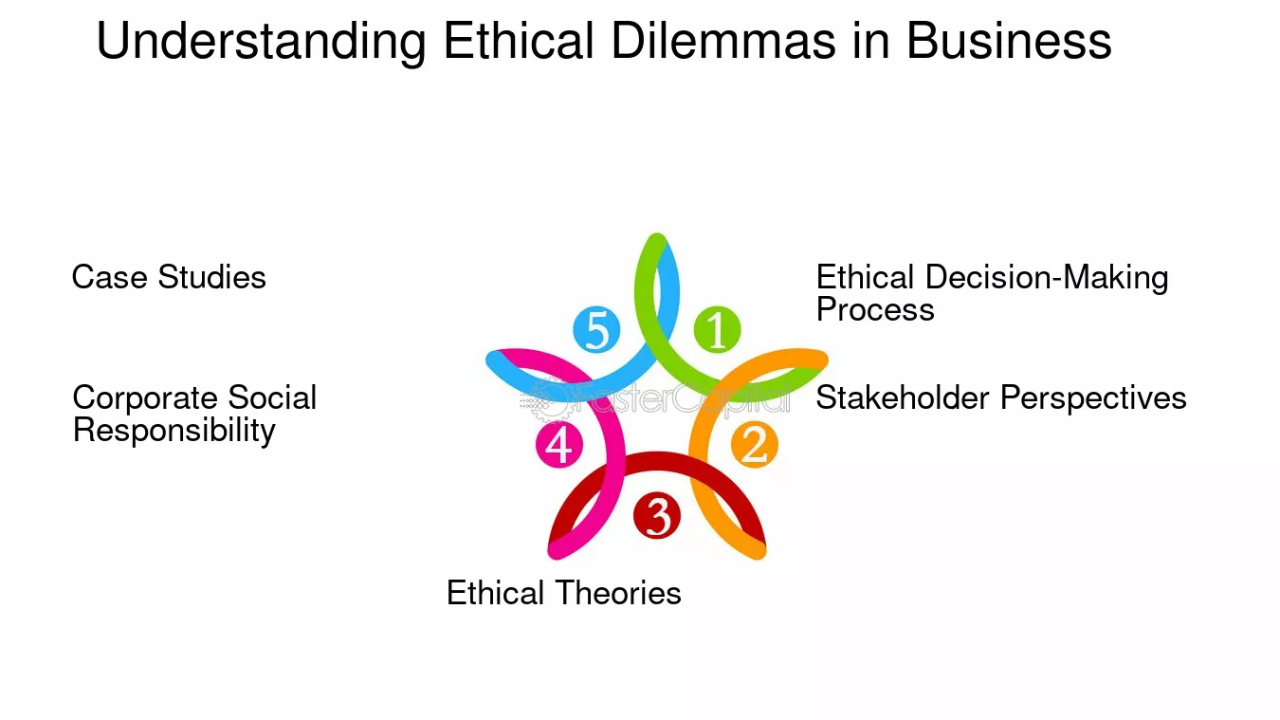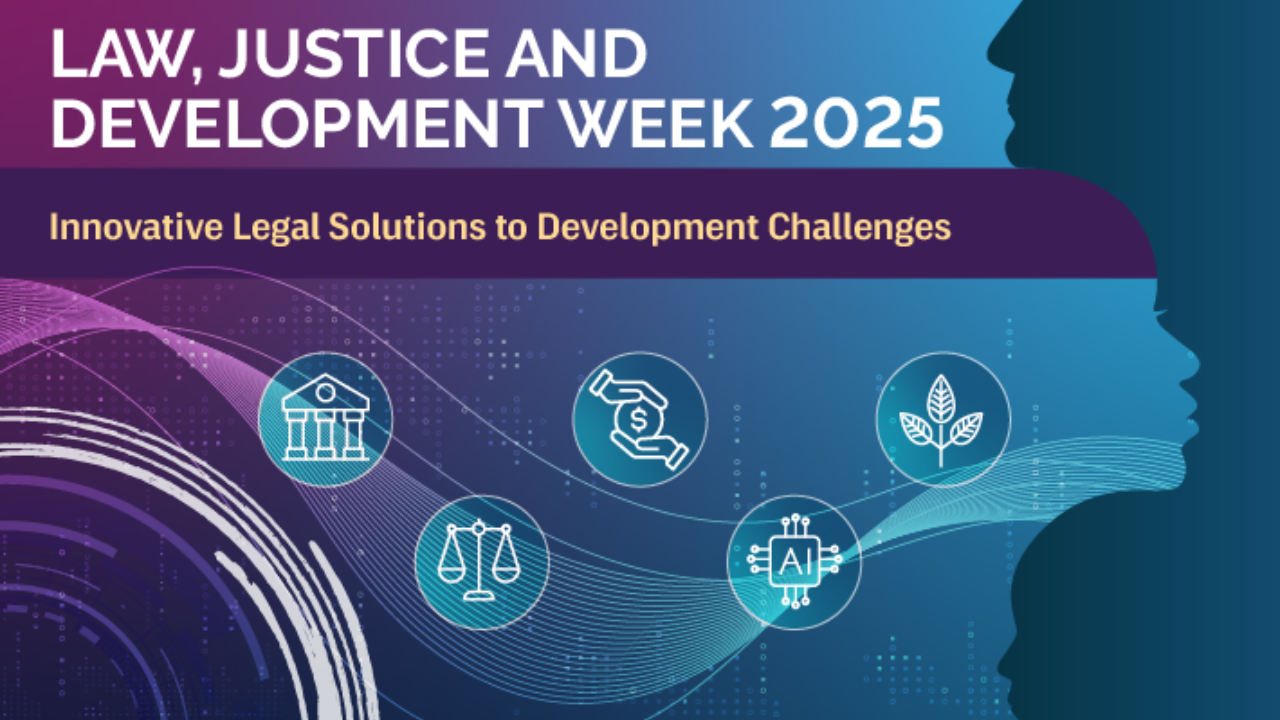Why Don’t We Trust the Law? How to Rebuild the Bridge Between People and Legal Institutions
Trust is the foundation upon which the legitimacy of legal institutions is built. Without public confidence, courts, law enforcement, and regulatory bodies risk becoming ineffective, irrelevant, or even feared. In many regions, historical injustices, lack of transparency, corruption, and discriminatory practices have created a deep rift between legal institutions and civil society. Rebuilding this trust … Read more

